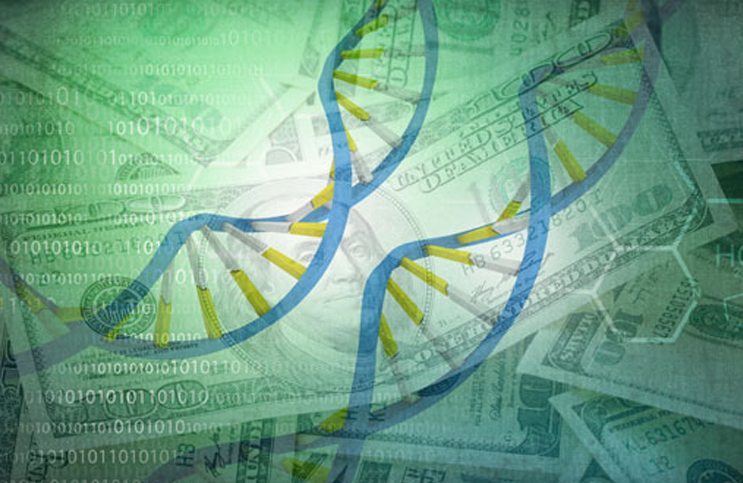
It’s been another busy week in biotech, with earnings season still playing a large part in the majority of the volume driven volatility in the space. Here’s a look at two of the week’s biggest movers, and a consideration of what drove the action, in both – Aclaris Therapeutics Inc (NASDAQ:ACRS) and Inotek Pharmaceuticals Corp (NASDAQ:ITEK).
First then, Aclaris.
At market open on Wednesday, May 10, Aclaris traded for just shy of $20 a share. Fast forward to the day’s close and the company went for less than $18 – an in excess of 10% decline across the session. The decline came as markets responded to the companies first quarter financials, and subsequent earnings conference.
First quarter losses came in at $13 million, for a per share loss of $0.65. Perhaps more worryingly to investors, or at least serving to compound the concern when considered in combination, is Aclaris’ cash position – just $85.2 million, down from $92 million a period earlier. At its current burn rate, this would last through to the end of 2017 (at a stretch). With a late stage phase III set to report during the third quarter, however, and an NDA application before the end of the year based on positive data, chances are these costs will escalate. Further, that the bets case burn out period would come just after the FDA gives the company’s lead candidate – A-101 Topical Solution for the treatment of seborrheic keratosis – approval. In other words, there are a lot of ifs, and even these don’t amount to a particularly strong financial standing. What does this mean? That Aclaris is going to have to raise capital between now and mid next year at the latest, and chances are, this capital is going to come on the back of a share issue. Share issues are dilutive, and the level of capital required to support commercialization, when taken into consideration with the company’s current market cap and shares outstanding, suggest quite a serious dilution.
Of course, debt financing could overcome this issue, or the company might license the sales operation to an entity with deeper pockets, but it’s a risk nonetheless.
Moving on, what happened with Inotek?
This one fared even worse than Aclaris, again based on some poor first quarter numbers. The company lost 20% of its market capitalization on Wednesday, and mid session Friday is already down a further 6%. Pre market on Wednesday, Inotek reported its first quarter financials, and showed a net loss of $10.1 million for the period – a widening from the $1.5 million reported for the same period a year earlier. From a cash position, this company is in a very similar standing the above discussed Aclaris – albeit with a slightly extended timeframe. It’s got $102 million cash on hand, but its phase III for its lead candidate – Trabodenoson in glaucoma – isn’t scheduled to report topline until the close of 2016. Burn rate gives it about twenty-four months of wiggle room, but with a phase II expected to advance into a pivotal at some point next year, burn rate will almost definitely increase, and quickly trim the cash covered period.
We probably wont see an NDA before the second quarter of 2017, and the FDA likely wont accept it before the end of (or at best, mid Q3). In short, the company’s window of available capital is closing quickly, and as pressure mounts to cover advanced development costs, Inotek will need to raise. It’s already got more than 26 million shares outstanding, and trades at just a little over 220 million at its current price. As such, and just as with Aclaris, debt financing would be required to avoid any serious dilution, and devaluation of the current share base.
In both companies, then, the declines are very much financially driven rather than operationally. Both Inotek and Aclaris have promising late stage candidates, but wider markets seem to be erring on the side of caution and selling on the chance of a company running out of money, rather than buying into a late stage potential approval.
A wider market barometer? Perhaps. Sentiment might just be shifting to a more severe risk off position. Time will tell.




